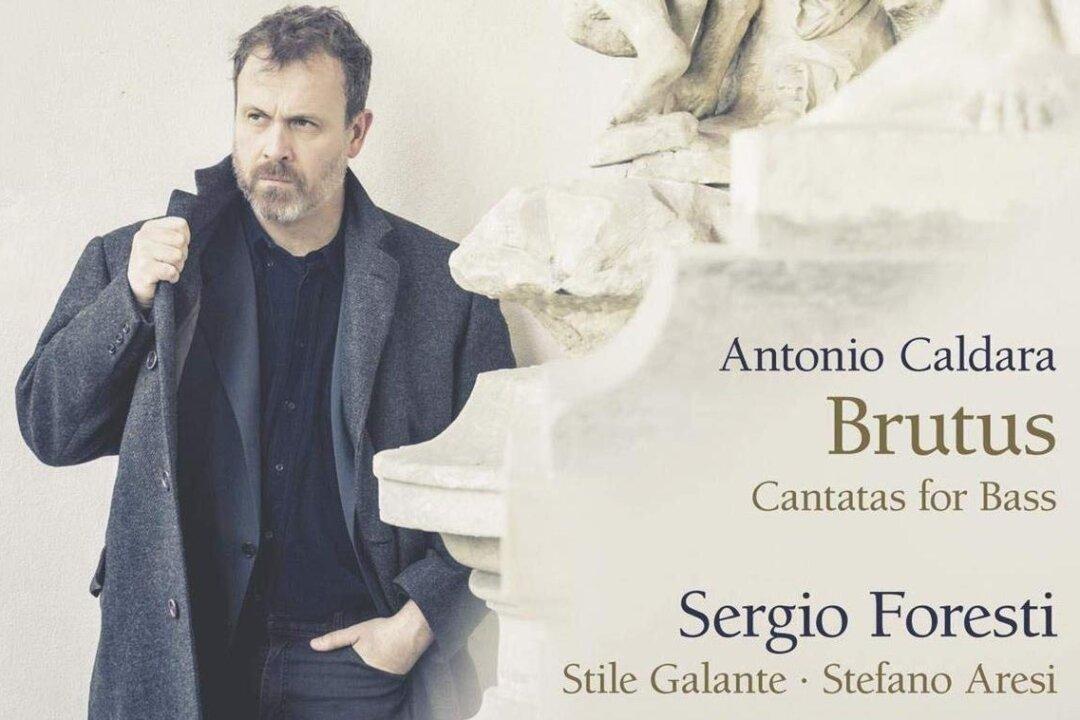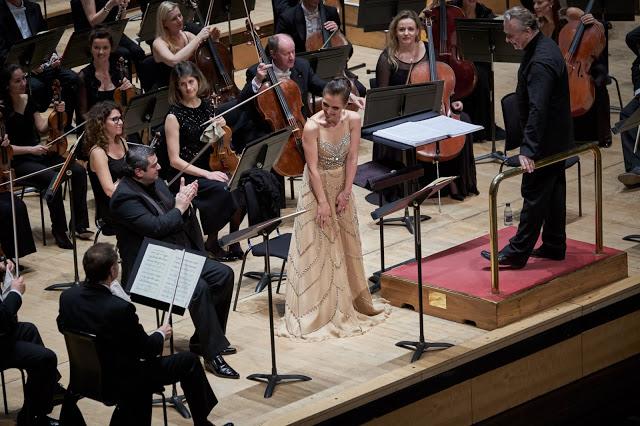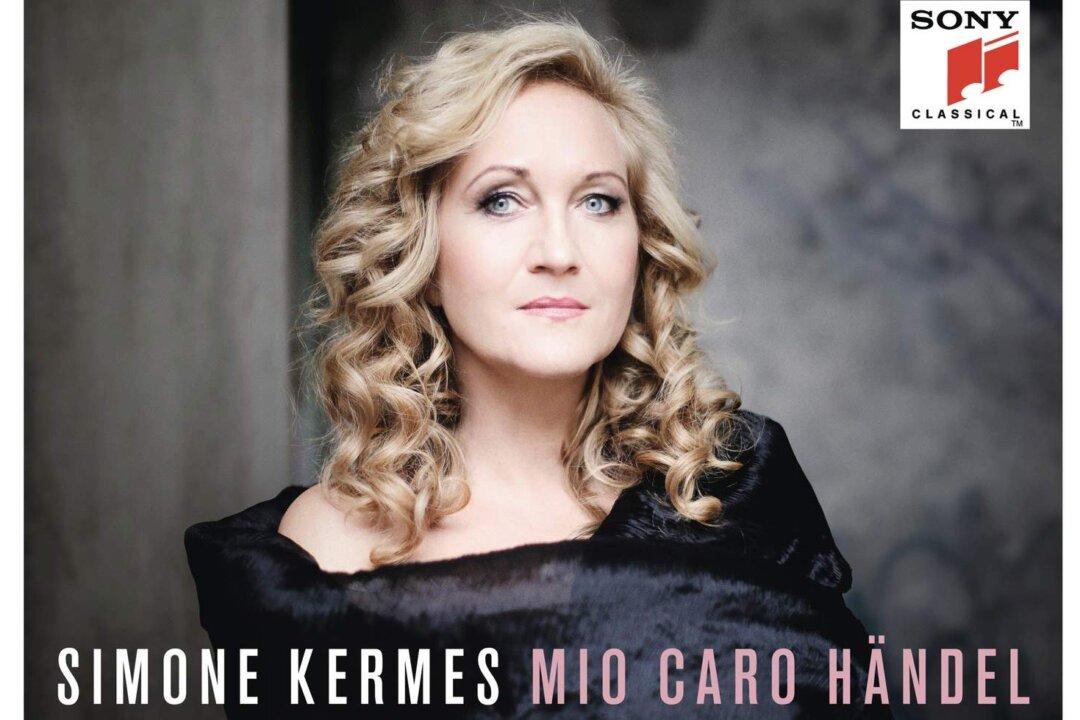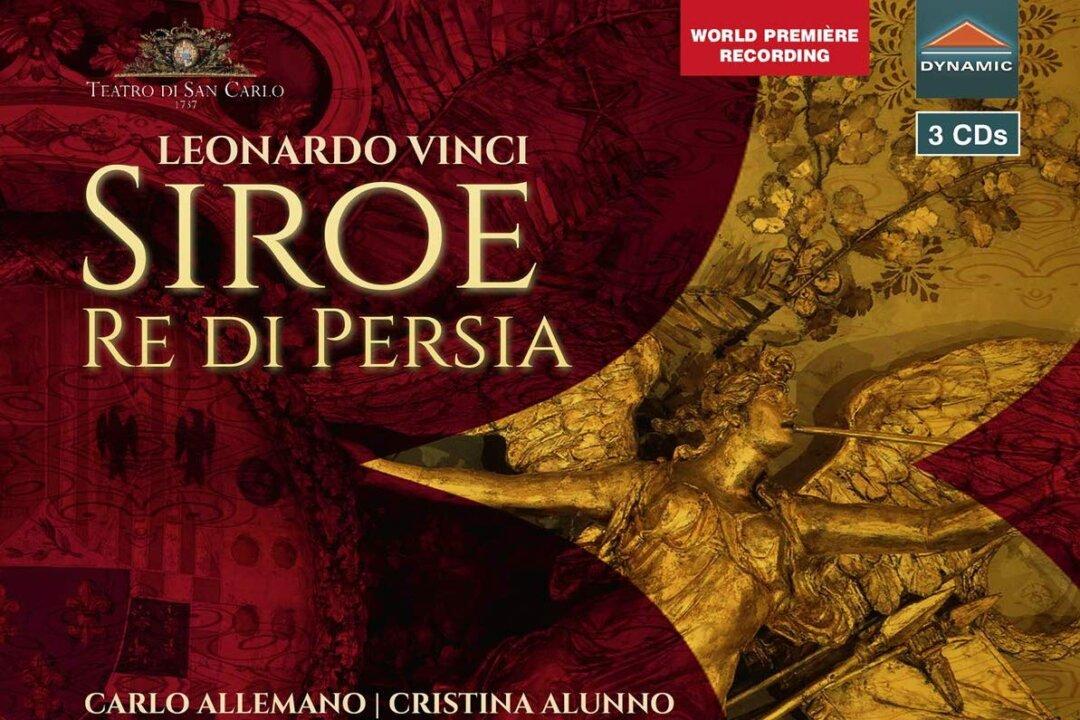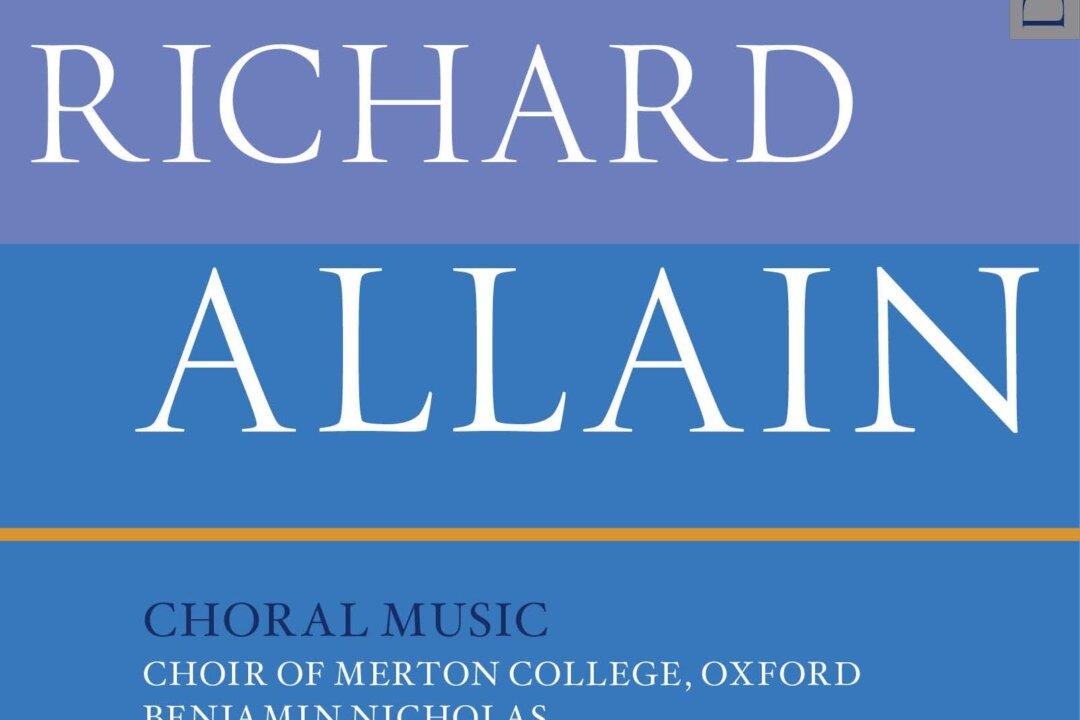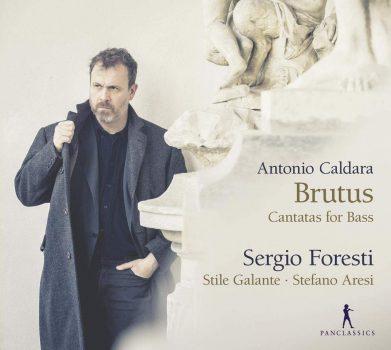 Despite a significant body of work, perhaps over 3,400 compositions, the works of composer Antonio Caldara remain very much undiscovered territory, with only occasional discs appearing rather than a consistent exploration as with the oeuvre of some of his contemporaries.
Despite a significant body of work, perhaps over 3,400 compositions, the works of composer Antonio Caldara remain very much undiscovered territory, with only occasional discs appearing rather than a consistent exploration as with the oeuvre of some of his contemporaries.A new disc from Pan Classics presents six of Caldara’s cantatas for bass voice and continuo, performed by Sergio Foresti and Ensemble Stile Galante, with Agnieszka Oszanca on cello, Gabriele Palomba on theorbo, and Andrea Friggi on harpsichord. It is directed by Stefano Aresi.

